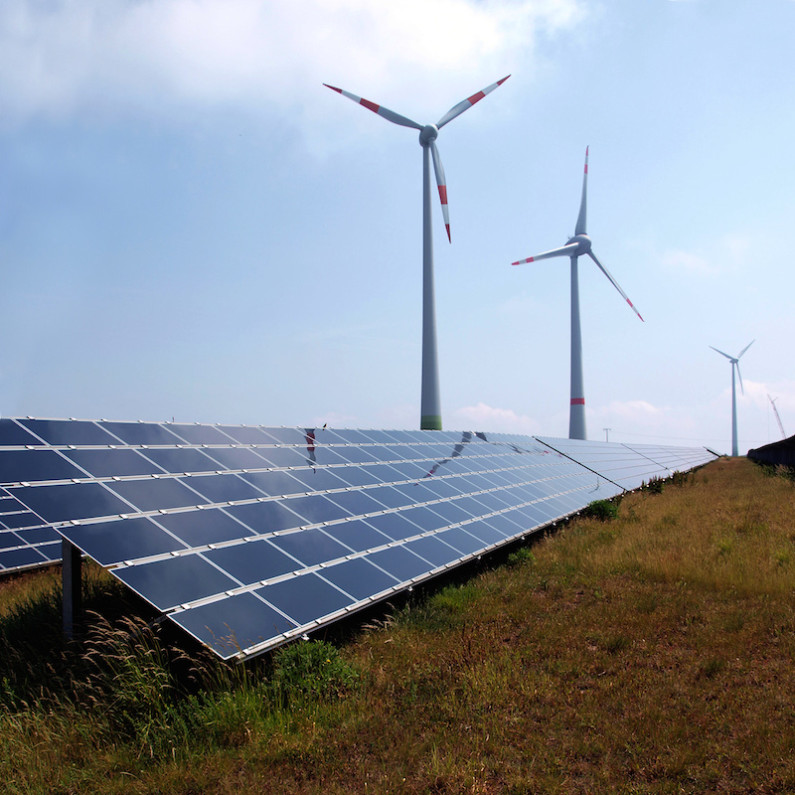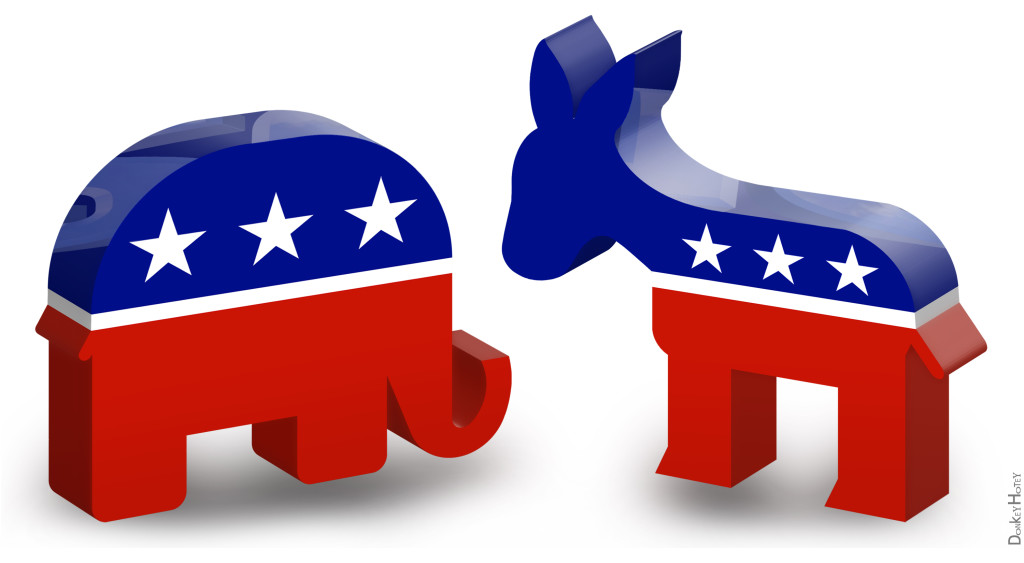Renewable energy has been a hot political topic for some years, and the symbolism behind renewable energy has continued to drive political polarization. How dire the issue of renewable energy is subjective to party lines.
On the Democratic side, President Obama promised a move towards renewable energy, since the beginning of his first term has and the proposal of the Clean Power Plan would realize much of his promises. But, this plan has caused a juggernaut of political grandstanding, court battles, and a slew of angry conservatives. The Clean Power Plan would require that states submit their move towards reducing emissions of greenhouse gases to the EPA which has caused a storm of criticism from the right. The EPA advanced with plans to regulate greenhouse gases in power plants and petroleum refineries in 2011 and saw the House Republicans going on the offensive to block the move. And conservative states continue to fight.
According to Robert Walton’s Utilities Drive newsletter, 24 States (mostly the Red States) filed lawsuits against the EPA to block the bill:
<blockquote>In total, states opposed to the rule include: Alabama, Arizona, Arkansas, Colorado, Florida, Georgia, Indiana, Kansas, Kentucky, Louisiana, Michigan, Missouri, Montana, Nebraska, New Jersey, North Carolina, North Dakota, Oklahoma, Ohio, South Carolina, South Dakota, Texas, Utah, West Virginia, Wisconsin and Wyoming. </blockquote>
This turnout against the bill is relevant because the number of states involved in the melee is unheard of said Joe Stanko, an attorney at Hunton & Williams, “I can’t recall a Clean Air Act rule, or other EPA rule, that has 44 states in the mix.”
Interestingly, more than 10 years ago, President George W. Bush signed the Energy Policy Act of 2005energy bill that was supported by then Senator Obama (D-III) to the chagrin of environmentalists. The bill was the first since the mid-70s that addressed fuel-efficiency regulations in automobiles by 40 percent – with a blending of ethanol in the U.S. fuel supply by 2022. The federal tax credits initially credited solar usage, but the Extension Act of 2008 extended the credit to wind energy and geothermal heat. Subsequent provisions included gave an extension credit for another eight years (which runs out at the end of 2016).
With the credits to expire in December of this year, though a commercial 10% will continue, the reps at the House may kill any further extensions. However, not all conservatives are taking affront to this pro-renewable move. The Tea Party has made unusual bedfellows with environmental groups. Debbie Dooley, the national coordinator for Tea Party Patriots and co-founder of the Green Party Coalition has come out against conservatives’ pushback towards renewable. Said Dooley of Georgia, “They [conservatives] neglect to mention billions of dollars that the fossil-fuel industries have received,” she said. “They cherry-pick their principles.”
Tom Morrissey, former Arizona state Republican Party chairman calls the Tea Party leaders “knuckleheads” for their stance on the issue saying it is a national security issue. “If we can keep one dollar from going to people who are killing our kids in Afghanistan, it’s a good thing — and I feel that’s what solar energy does.”
Regardless of the out-fighting or in-fighting, truth is that solar power is the fastest growing and most divisive source of energy and will no doubt bare its head come next election.



